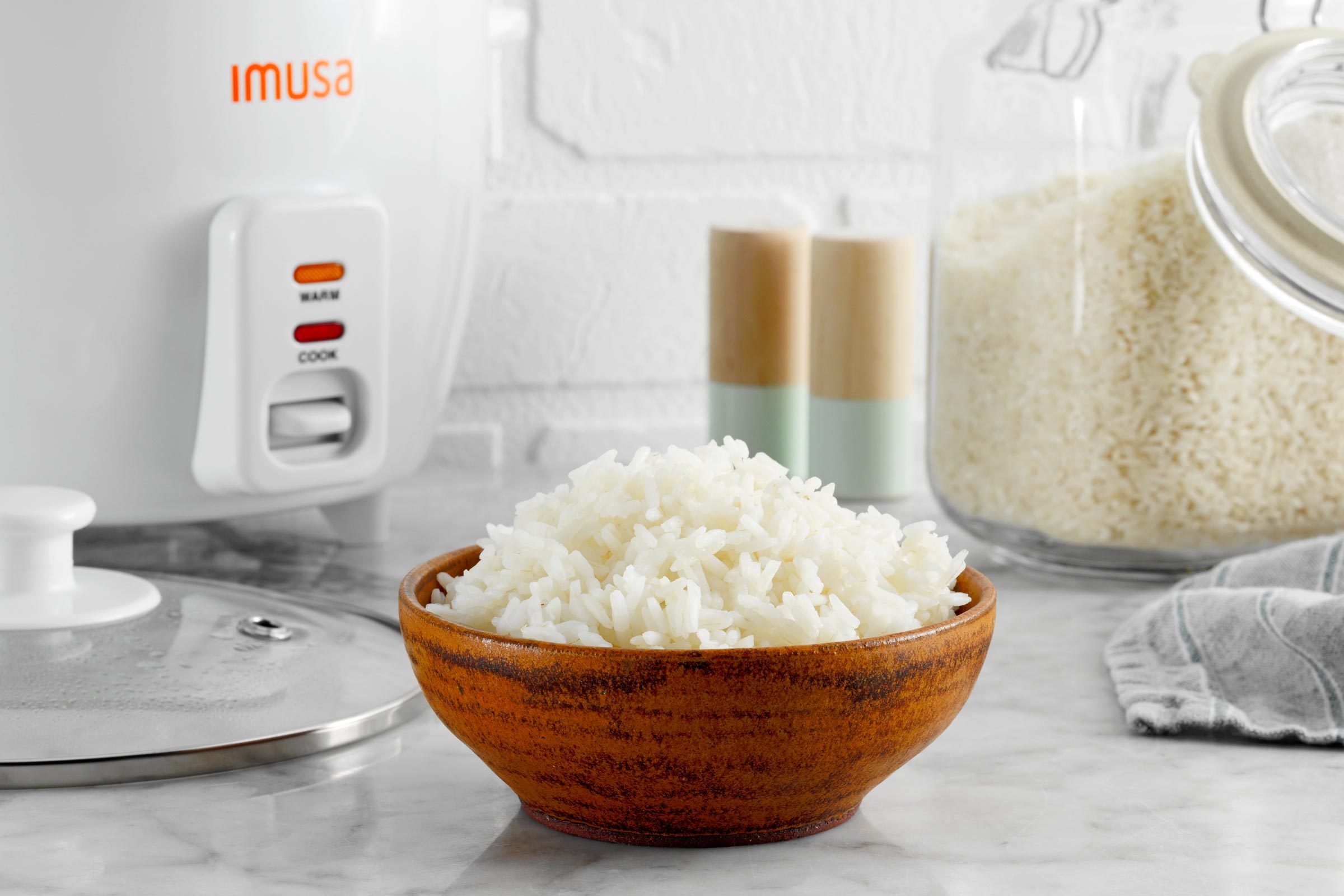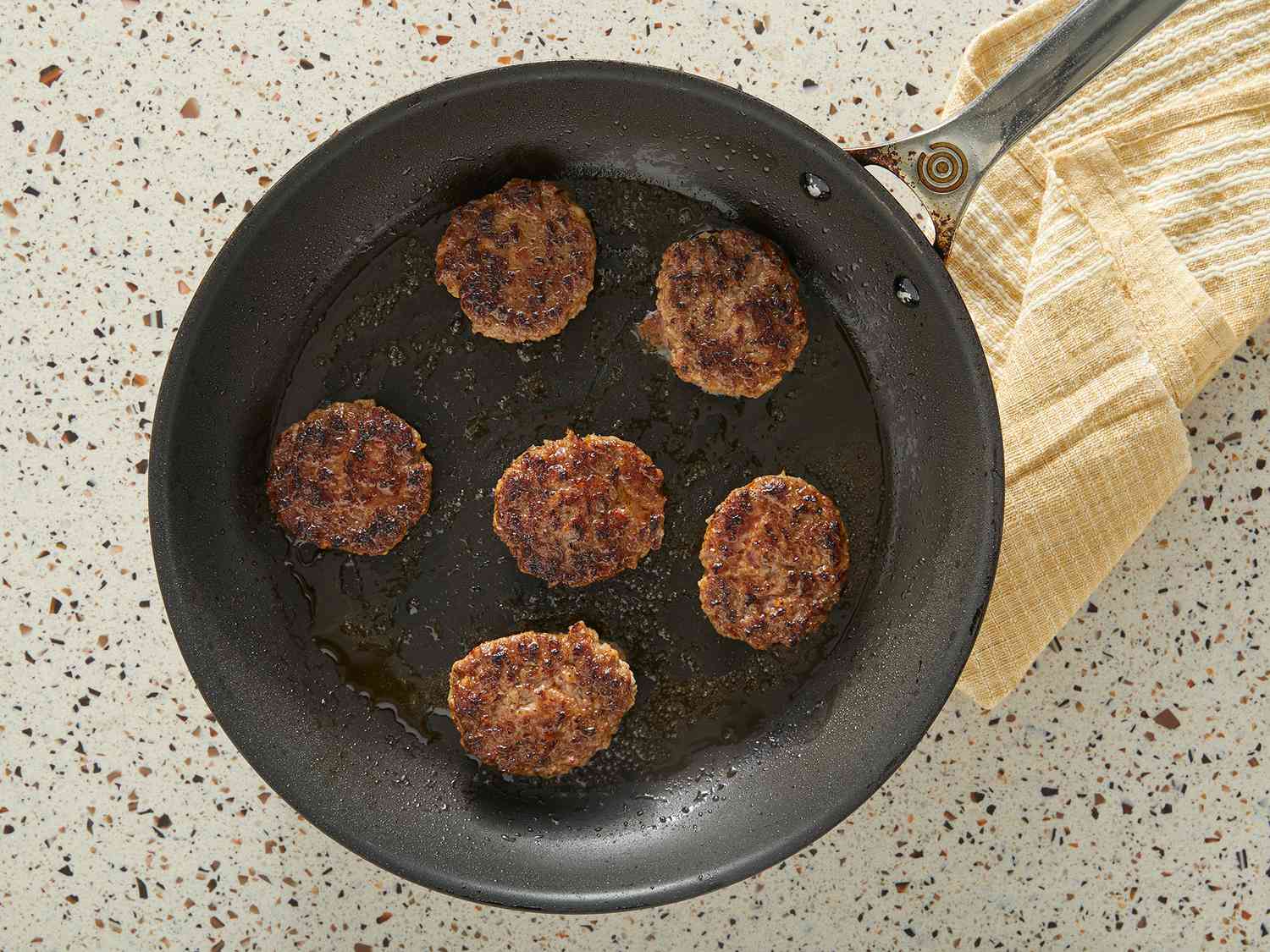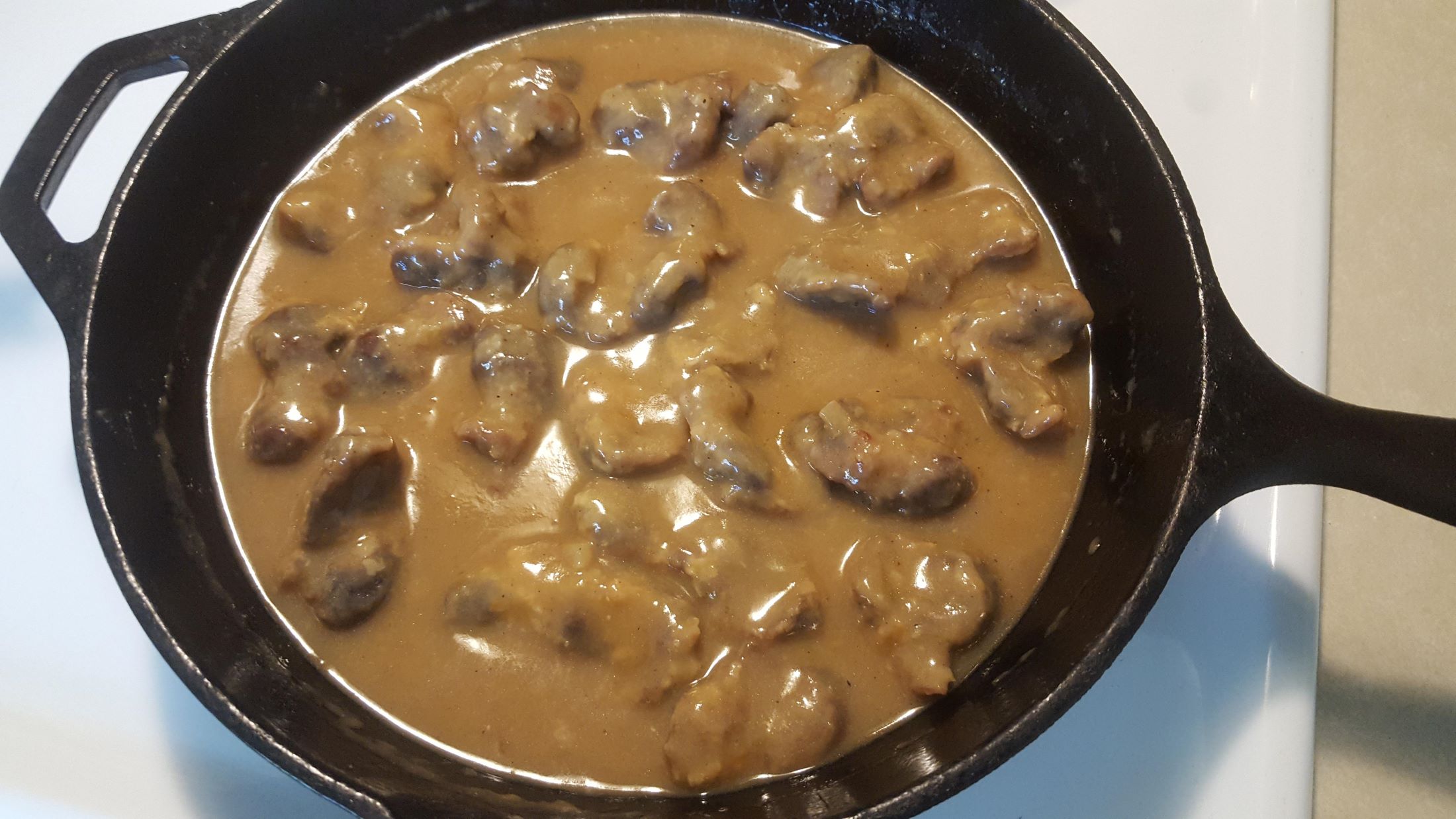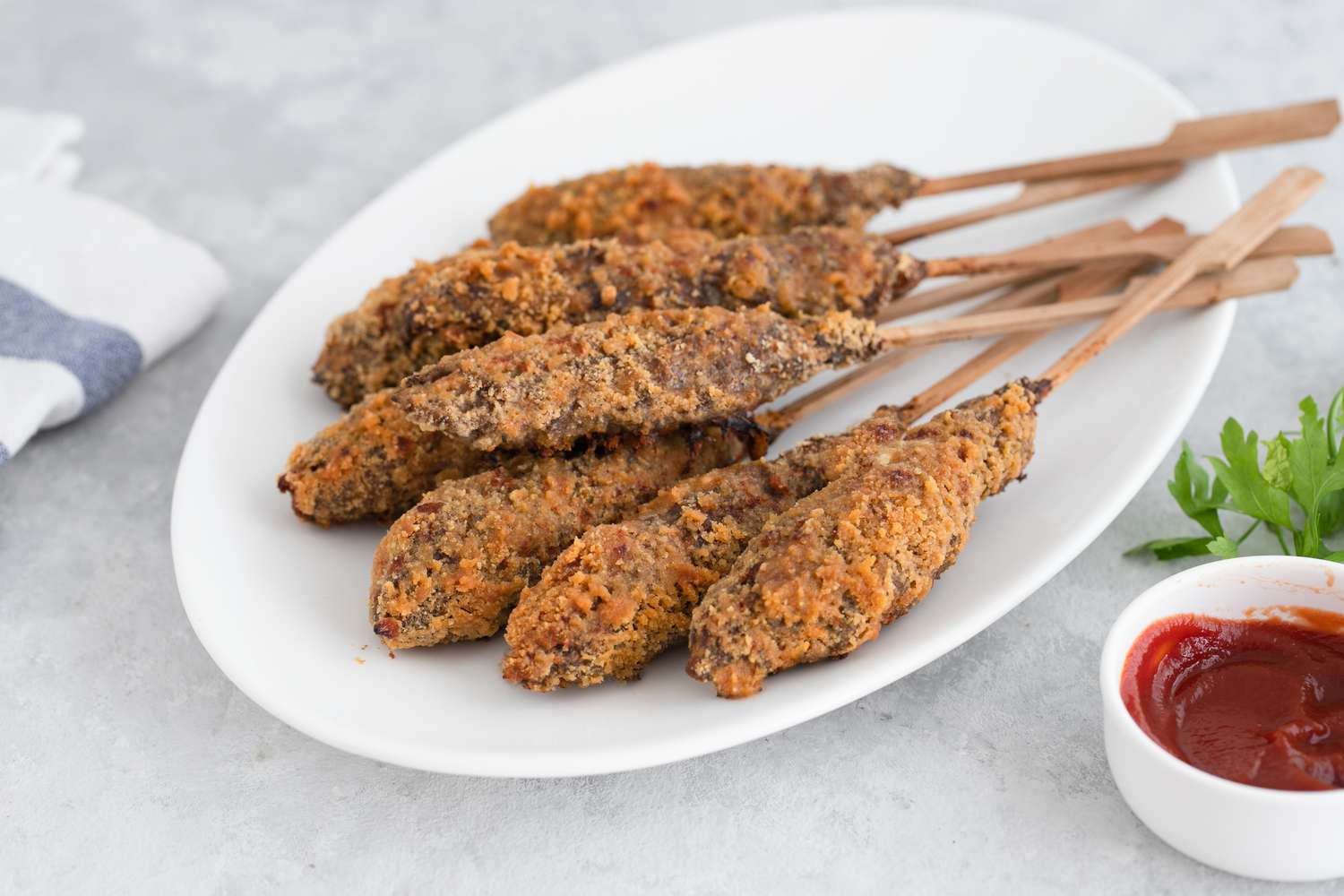How To Cook Sunchokes To Avoid Gas
Are you a fan of sunchokes, also known as Jerusalem artichokes? These flavorful tubers are not only delicious but also packed with nutrients. However, some people may experience discomfort and gas after eating sunchokes. Don’t worry! We are here to help. In this article, we will guide you on how to cook sunchokes in a way that minimizes gas, so you can enjoy their deliciousness without any digestive issues.
1. Start with Fresh Sunchokes
When purchasing sunchokes, choose ones that are firm and free from wrinkles or soft spots. Fresher sunchokes are less likely to cause gas. Look for ones with smooth skin and a slightly firm texture.
2. Peel and Soak
Peeling sunchokes is optional, but it can help reduce the chances of gas. Use a vegetable peeler to remove the thin skin. After peeling, cut the sunchokes into your desired shape, such as slices or cubes. Next, soak the cut sunchokes in cold water for about 15 minutes. This step can help remove some of the soluble carbohydrates that can cause gas.
3. Cooking Methods
When it comes to cooking sunchokes, choose methods that are gentle on your digestive system. Here are a few cooking techniques that can help minimize gas:
- Steaming: Steaming sunchokes is a gentle and healthy cooking method. Place the soaked sunchokes in a steamer basket and steam them for about 10-15 minutes until they become tender.
- Roasting: Roasting sunchokes can bring out their natural sweetness. Toss the soaked sunchokes with olive oil, salt, and your favorite herbs. Then, roast them in the oven at 400°F (200°C) for about 30 minutes or until they are golden brown and tender.
- Boiling: Boiling sunchokes can help reduce the gas-causing carbohydrates. Place the soaked sunchokes in a pot, cover them with water, and bring to a boil. Reduce the heat and simmer for about 15-20 minutes until they are soft.
4. Pair with Digestive-Friendly Ingredients
Adding certain ingredients to your sunchokes can also help ease digestion. Consider combining them with:
- Ginger: Known for its digestive properties, ginger can help reduce gas and bloating.
- Lemon juice: The acidity in lemon juice aids digestion, making it a great addition to your sunchokes.
- Herbs like fennel or dill: These herbs have carminative properties, which can help relieve gas and indigestion.
5. Portion Control
Lastly, be mindful of the portion size when enjoying sunchokes, especially if you are prone to digestive issues. Start with a small serving and gradually increase if you tolerate them well. This way, you can savor the flavor without worrying about excessive gas.
By following these tips, you can cook sunchokes in a way that minimizes gas and allows you to enjoy their unique taste and nutritional benefits. Experiment with different cooking methods and ingredients to find your favorite way of preparing sunchokes. Remember, paying attention to your body’s signals and finding what works best for you is key to a happy and healthy eating experience.
Was this page helpful?
Read Next: How To Cook Honey Gold Potatoes On Stove











